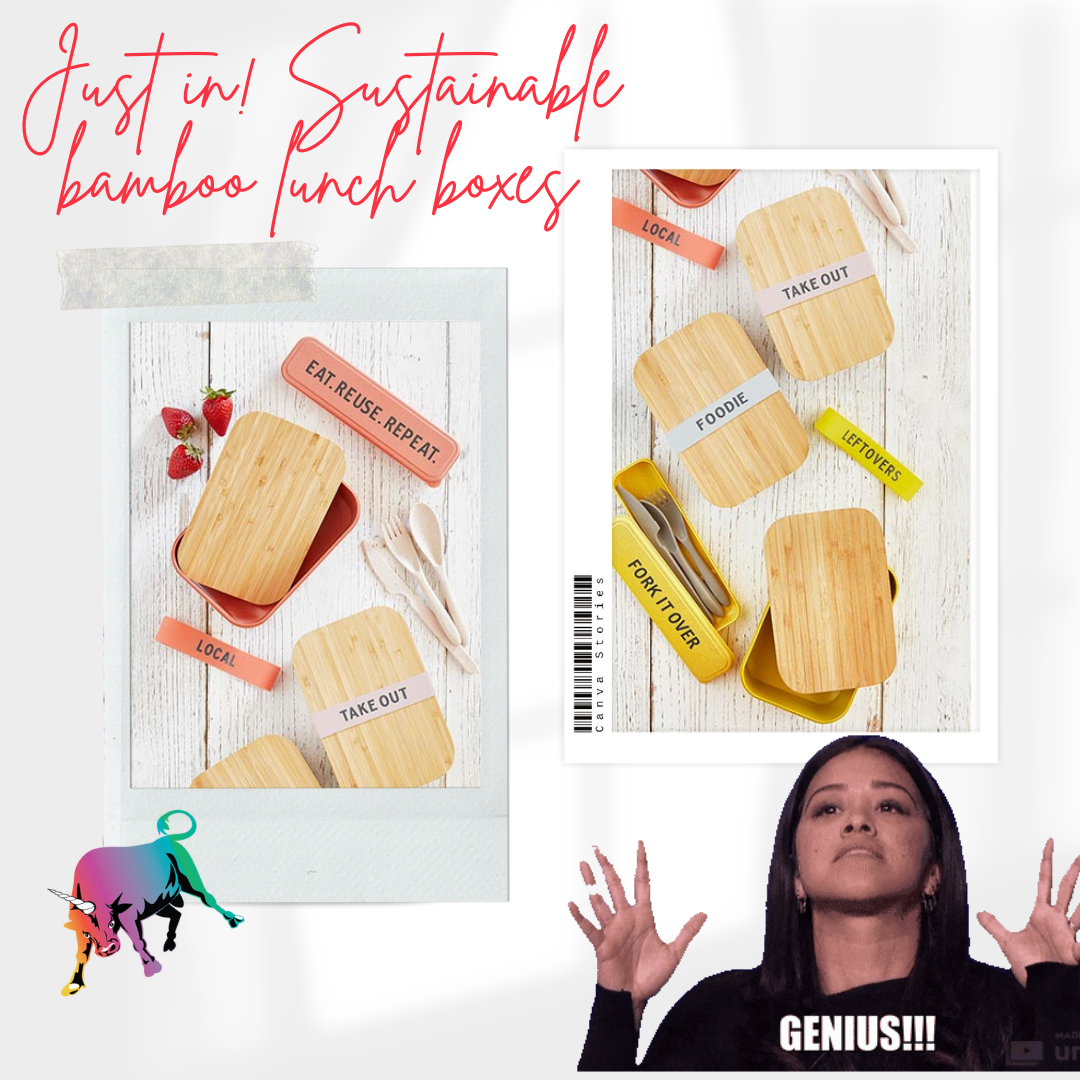I’ve been thinking a lot about institutions – those who can’t function without them, and those who can’t fit into them.
Two things converged for me this past week: I’m working through a training program in executive coaching and considering the difficulties of coaching my clients to function better within large organizations, especially in cases where the clients may not really want to be part of such an institution the first place. And then, a question came in from someone wondering whether to drop out of college to start a business.
And personally, I have a storied history with institutions: I was always in combat with teachers and professors (like my third-grade teacher who incorrected corrected “ice cream sundae” to “ice cream sunday” – rage, rage, against the dying of literacy!) In my masters in education, I’ve viewed my classmates as horrifyingly subservient and unskeptical. And I always harp on multiple income streams – I don’t want any one boss to have enough power over me that he or she can tell me when to get up in the morning and where to sit for forty hours per week.
(Here’s a Bullish archive for plenty more on entrepreneurship, multiple income streams, and career design.)
From a reader I’ll call ADHD Unicorn:
I’m seeking some advice, but I’m not a lady and have a really specific handful of circumstances (though, who doesn’t, I guess).
I’m not sure how to evaluate whether or not to continue a college education. I’d really like to get started running a business. You see, I’m going into the fashion business, and I’m much more skilled and basically awesome all over than most people who have the BFA that I would get if I continued in college. As far as I can tell, the industry doesn’t care too much about if you have a degree. My parents think I should have one anyway, because if my business fails I might start wishing I had one.
I’m not sure how much you need in the way of details to properly evaluate so I’ll try to make this info-dump brief: 21, male, (gay), junior at [art school], diagnosed with adult ADHD, IQ 155, INTP, unicorn, Bullish in theory still (I started reading your column about 2 days ago), polymath, told by nearly every teacher that I’m exceptionally talented (including fashion teachers), have failed about 1/4 of my college classes due to a creative blend of perfectionism, lack of getting-it-done, slow processing speed, and fluctuating motivation.
Oh and the business I would have, hypothetically, is a patternmaking business (this would be the “boring”/difficult moneymaking one) and then, once I could afford it, I’d start a fashion line which would be the greatest thing the world has ever seen.
Whew! The greatest thing the world has ever seen … if it ever gets done. You, I, and a million frustrated novelists (or, “novelists”) know exactly how that feels.
Let’s just get the obvious out of the way, ADHD Unicorn: You went on a binge of Bullish column-reading because you saw something of yourself in those columns. Our personality types are off by only one letter! You found me (I had to edit the original letter a bit) on the website of a high-IQ society. Lots of people have high IQs, but it’s some other personality quality that makes you join a club about it. I’m pretty sure I have ADD (not really the “H” – see, we’re again off by only one letter), but I make it work for me.
Oh, and when I was running a company as a college junior, I considered dropping out. I still think about it – we haven’t had a bubble like that since, so maybe the dot-com boom was my chance, and I missed it. On the other hand, I was thinking too small; I didn’t know how to really get from A to B other than to “try harder.”
If you really are some much more fashionable version of me a decade or so ago, prepare for everyone telling you how damn smart you are – with more and more concerned expressions – as you fail, painfully and repeatedly. (See Bullish: To Give Up or Not to Give Up and Bullish: The Career F*ckups I Made So You Don’t Have To.)
When I did fail, I was pretty glad to have a degree. A college degree is nowhere near enough to get you a career or even just a job, but not having one can certainly knock you out of the running for opportunities – even the kinds of opportunities that free-spirited unicorns actually want. (See Bullish: Basing Your Career On A Resume Is Like Competing In A Brothel Lineup.)
It’s already clear you won’t be spending the rest of your career sitting in an office and dutifully shoveling facts into spreadsheets. There’s a unicorn glitter explosion in your near future.
Do you really want it to happen when you have no audience and no ability to go anywhere from there?
Let’s discuss.
Fix or Compensate for a Lack of Finishing Power
ADHD Unicorn mentioned his a “lack of getting-it-done” and “fluctuating motivation,” so I asked for more information. He wrote:
That’s a really good question. I’ve been working on figuring that bit out for quite some time now. You may be entertained to hear that at one point, I even tried out an assistant, though the reasons that didn’t work out are complex and many-fold. But, yeah, my failure to complete projects has been a lifelong recurring theme that I don’t even know how to think about any more. I think I’ve been told a thousand times over that I’m too impractical when it comes to making things, I’m too wrapped up in being an artist and not so much in a being a finisher of things.
In Bullish: Launching Your Empire While Your Youthful Mojo Is Still Sky-High, I answered a question from a reader who was hesitant to quit her job to start a fashion line. I told her to go for it (she had $50K saved up!) You, though – you need to fix this first!
I’ll tell a tiny story: I hate phones. I think my iPhone plans gives me 400 minutes a month. I use an average of 25 (not a typo). And I don’t have an office or landline phone at all. I just don’t use phones. I think ringing a bell and expecting people to jump for it is just rude. And yet, in years past, I would plan new businesses, or to-do list items for my existing businesses, that involved not only phone calls, but sales calls to strangers.
I have now realized that I will never make an unnecessary phone call. I will write an entire book chapter before I will pick up the phone and call someone (this may be the secret of my success – I procrastinate by doing other productive things). Now, my assistant makes phone calls. Before I had an assistant, I learned to be upfront: I wouldn’t promise to call people. Or I’d tell them that all my calls go to voicemail and are then sent to my email as audio files, so it might just be easier to send an email to avoid misunderstandings.
So, I’ve worked my way around something I know I will never get done on my own.
As for getting the things done that I actually do get done on my own (last year, I wrote the equivalent of four educational books), my only secrets are not very secret: break it into small manageable steps, schedule those steps for specific times on a calendar, and don’t aim for “the greatest thing the world has ever seen.” Aim for a totally shitty first draft. It’s usually better than you expect, and then you can ask for help, or slowly and painfully revise. Seriously: aim for total shit. Then fix it.
You can’t depend on flashes of brilliance. They are not dependable.
In your second email, you said you would clearly need a business manager and an assistant. So, if you dropped out right now, would you be able to find a rich, smart, experienced business partner who wants to fund and run your fashion business for some reason other than expecting to take advantage of you? Probably not, right? (If you do find such a potential business partner, get a lawyer and a contract, even – or especially – if the business partner is someone you’re BFFs or sleeping with.)
You need to practice the parts of this problem you can fix, and find workarounds for the parts you can’t fix.
I was flattered that you quoted me with the “difficult, boring” patternmaking business (I’ve previously written that following your passion is often very unlucrative, because if you love something, probably many other people do too and are flooding the market; instead, do something difficult, boring, or scary, especially if you can mix it with something fun or exciting).
So, if you think can run two businesses at once – a fashion line and a patternmaking business – you should be able to stay in school and run one business.
Start the patternmaking business. (You have a summer vacation, perhaps? Good time to start or ramp up.) Make some money, boringly. Make your clients love you so much they would support anything you do. Make an annual plan – seriously, commit for twelve months to all the things you will do every month.
And exploit the fuck out of the rest of art school.
Sometimes You Should Milk an Institution for All It’s Worth
For some people, big institutions are everything – some people go straight from breastfeeding to “buying in” to elementary school to really wanting to be part of a company, teambuilding exercises and all.
The rest of us can use institutions, even when they are less than ideal.
For me, an institution is not like a cozy family, but like a knife sharpener (you’re the knife). I learn the most not when being indoctrinated by an education professor, but when questioning and arguing with the ideas presented, or when having to translate what I learn about educating children into actionable (and profitable!) knowledge about educating college graduates. Enemies of the state can conduct quite a lot of counterintelligence.
Don’t worry about your grades, as long as you can graduate (your GPA sounds like it’s already a lost cause, and who cares about an art school GPA anyway?)
Instead, network with professors and classmates. These professors who tell you how talented you are? Where have you typically gone from there? Do you just use that as proof that you’re better than everyone? If a professor bothers to tell you how talented you are, he or she is trying to help you, or trying to reach out and make friends, or to be your mentor. Keep a goddamn fucking spreadsheet of people who think you’re great. Figure out why they’re great, too. Make it not all about you. Make friends. Treat your professors as peers.
Make real friends, too. Both with people you genuinely like, as well as with people who have great ideas or make great work or just seem nice but a little lost. Some of these people will become powerful in the future. Some will end up working for you. It’s harder to find good employees than you think, especially when you’re only hiring one or two employees such that everything rides on them.
If you’re networking deliberately and planning your own line, you don’t need to rush things – you’ll already be way ahead when you graduate. Plenty of your classmates think they can just make art and sit around and wait to be picked by Success Jesus.
In sum…
Don’t blow your wad too soon! When I was a young, unknown comedian – I performed all over town but had never been paid for performing comedy – I was foolishly trying to sell comedy CDs and put my URL on t-shirts. (See Bullish: How to Know If You’re a Narcissist.) I should’ve spent my time making friends with experienced comedians and comedy bookers, and being humble about my position – while also developing much, much better jokes. The main benefit newcomers have in so many fields is the time to obsessively hone a craft.
You want out of college. You don’t want some job that’s even worse, in terms of shoving you into a mold you can’t fit into. I understand those things.
I think you should enact a personal development plan during this special time in your life (by which I mean that either your parents, the government, or your future self is paying the bills).
On that plan? Learn to finish things by breaking them into steps, scheduling them, lowering the expectations, and scheduling time for revisions. Learn which things you’ll never finish. Network, calm down, make friends, care about others, deliberately practice perseverance, get a degree.
You’ll be a sparklier unicorn soon. Your horn grows more luminous by the day.
originally published on The Grindstone










